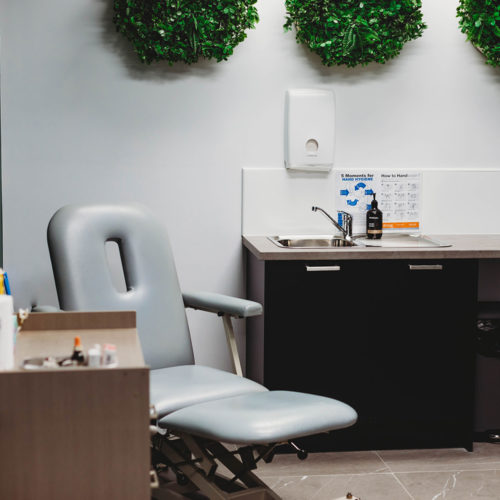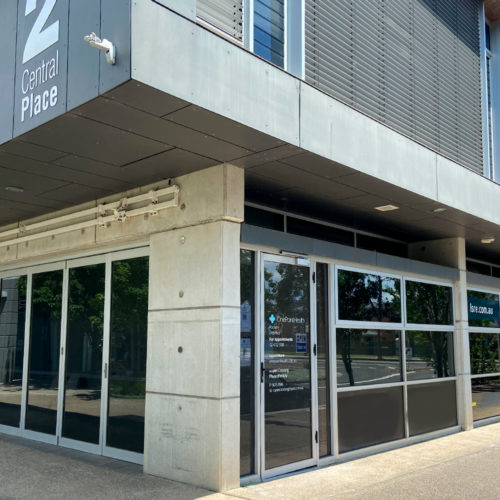What is Rheumatoid Arthritis?
Rheumatoid arthritis is a chronic, autoimmune disease which affects the joints of your body, causing inflammation and pain in these areas. The cause is currently unknown, some research suggests environmental factors such as smoking or infection, however these have not been proven.
Who gets Rheumatoid Arthritis?
Rheumatoid arthritis affects approximately 1% of the population. Of those with the disease, 57% are women. It can occur at any age, but usually appears between the ages 35-65.
How might Rheumatoid Arthritis affect those with the condition?
The level at which rheumatoid arthritis affects its sufferers is related to the severity of the condition. Rheumatoid arthritis, if treated early and aggressively with biological therapies can have long periods of remission in which minimal symptoms are experienced. The period in which this remission can be effectively achieved is known as the “window of opportunity”. If this time period is missed, and treatment is delayed, greater symptoms may begin to manifest.
An autoimmune disease is one in which the body’s immune system attacks its own tissue and cells, as though they were from an invading organism. This can lead to damage to the tissue within the joints of your body, causing pain, stiffness, swelling and deformity. These symptoms have been found to affect the feet in almost 100% of rheumatoid arthritis patients at some point in their lifetime.
Deformities which may occur in your feet include
- A lateral splaying of your toes,
- Clawing of your toes
- Bunion (hallux abducto valgus)
- Flat feet (pes planus)
- High arched feet (pes cavus)
In conjunction with the deformity and pain symptoms, you may experience other dermatological changes. These can include excessive amounts of callus on the feet. These are often related to the deformity changing the way you walk, placing extra pressure on certain spots. The body reacts to this by building up the callus under your feet. However these calluses can become painful. Other dermatological changes may include ulceration, and fungal infections of the skin and nail. A podiatrist is able to diagnose and treat these conditions if they arise.
It is likely that any changes to your feet will necessitate a change in your footwear. Many of those with the condition experience difficulty finding an appropriate pair of shoes that satisfies both form and function. A good pair of shoes can help reduce pain levels, accommodate deformities and increase your ability to walk and participate in activities. It is important to have a health professional assist you in acquiring shoes as you may require medical-grade footwear with extra depth or customised orthotics to accommodate your feet.
Surgery
If your symptoms and deformity continue to progress despite treatment, there are surgical options available.
As a patient, it is important to establish good relationships with your health professionals. Good communication between patient and practitioner will allow you to express your concerns, which will help your practitioner to provide you with the best possible care. It is also important to seek healthcare for your feet or other affected parts of your body if you have any concerns, as these may represent flares in your condition, or other symptoms which need to be addressed.
How else Rheumatoid Arthritis might affect you?
Rheumatoid arthritis can affect you in other ways as well. Patients may experience depression, changes in their career, changes in their family life. It is important to discuss any of these concerns with your GP so that proper referral to other sources of healthcare, including psychology or specialist medical teams, can be initiated.
So whether you’ve been recently diagnosed, or have had rheumatoid arthritis for a long time, seeking proper treatment can lead to improved outcomes.








